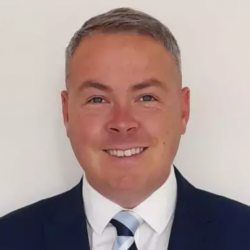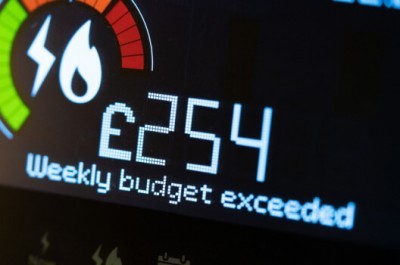What is the duration of sequestration and a DAS?
You will typically be discharged from the obligations of sequestration after 12 months providing you comply with your Trustee. If you fail to comply, the Accountant in Bankruptcy can decide not to discharge you. A DAS can last for several years depending on the amount of debt you have and the amount you are able to repay on a monthly/weekly basis. A DAS will not usually be allowed to extend beyond 10 years. If you do not believe you would be able to clear your debts within this time then you may need to consider an alternative debt solution process such as sequestration or a trust deed.
If you have a Debt Payment Plan under the DAS an entry will be recorded in the DAS Register, which is a matter of public record. If you have been sequestrated there is an entry in the Register of Insolvencies, which again, is a public register.
What is the process and how do they differ?
In order to enter sequestration or DAS you must have sought advice from a Money Advisor or Insolvency Practitioner. The Money Advisor/Insolvency Practitioner will review your financial position and ascertain the most appropriate option for you.
With both a DAS and sequestration, the ultimate aim is to be financially stable and debt-free at the end of the term. With each solution, you will be required to repay your creditors through monthly repayments and/or through proceeds raised from the sale of assets depending on your individual circumstances.
A DAS will last until all debts are repaid. Entering into a DAS won’t affect your home or mortgage providing you keep up with your repayments. You can exclude all assets or choose to realise assets to make lump sum payments and thereby reduce the total term of the DAS.
In contrast to the regular monthly payments of a DAS, sequestration will see an insolvency practitioner realise your share of equity in any assets owned by you. You are not able to exclude any assets from the sequestration and these will automatically pass over to your Trustee. You may also be required to make an income contribution towards your debts should you have sufficient disposable income to do so.
How is your credit rating affected?
Both sequestration and a DAS will have an adverse effect on your credit rating which is unlikely to recover for at least six years after entering the procedure. This will make it difficult for you to access credit in the future, meaning a variety of things from a mortgage, down to a mobile phone contract, could be out of reach.
What you should remember, however, is that your credit rating is likely to be already affected by the time you get to the stage of considering a debt remedy solution. Any missed or late payments, or any payments made which are less than the contractual amount, will all damage your credit rating.














